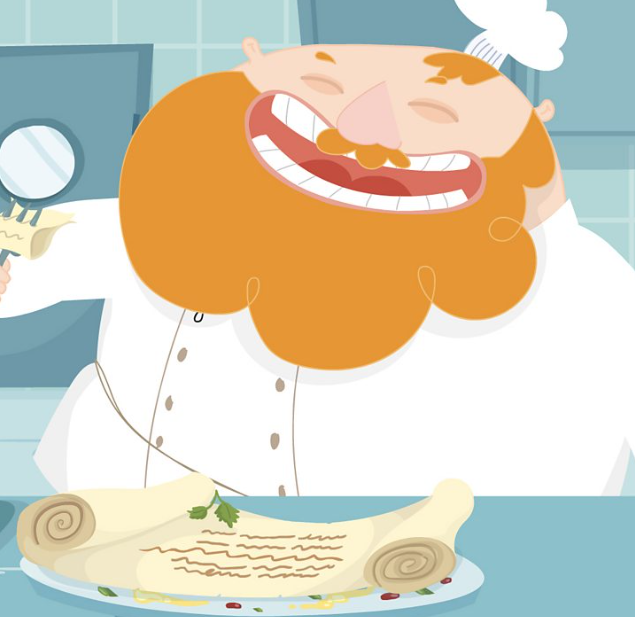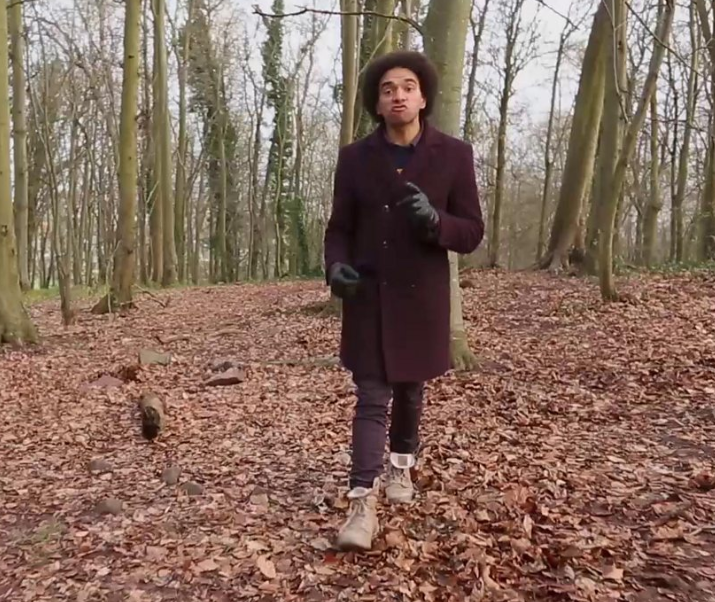Tuesday

English
Tuesday 3rd December 2024
LC: Identify clauses in sentences.
A clause is a group of words that includes a subject and a verb. We use clauses to form sentences or parts of sentences. e.g.
The boy ran.
subject verb
Often a clause contains a lot more information such as adverbs and noun phrases e.g.
The beautiful white butterfly fluttered in and out
subject verb
of the colourful flowers.
Each of the sentences below contain two clauses.
He played on the computer after he ate dinner.
Adam bought a new toy car because he got some money for his birthday.
If she enters the competition, Bethany might win the prize.
The mischievous toddler threw his food while his mother wasn’t watching.
Babies like playing peekaboo when they are a few months old.
Before eating a meal, you should wash or sanitise your hands
After she read her book, Farah completed a quiz about it.
Now use different colours to underline each clause.
Tuesday 3rd December 2024
LC: To make predictions based on details stated.
This is William.
Describe him.


What do we know about William now?
How might his life be?

What do you think William might be looking at?
Is he inside or outside?
How do you think he is feeling?
How do you know?
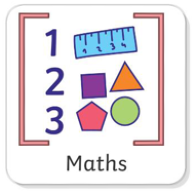
Maths
03.12.24
LC: To add two 3-digit numbers using the column method with renaming.
Whole Class
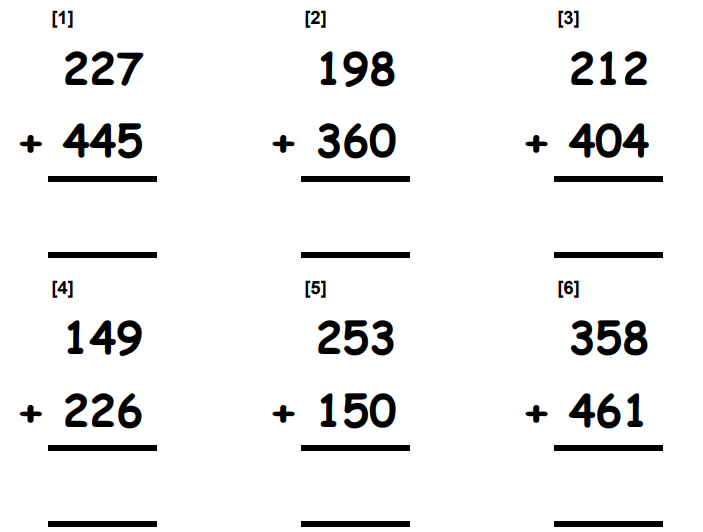
Independent
1. 452 + 139 =
2. 734 + 248 =
3. 139 + 280 =
4. 522 + 391 =
5. 732 + 189 =
6. 149 + 353 =
7. 522 + 199 =

Reading
Tuesday 3rd December
RIC
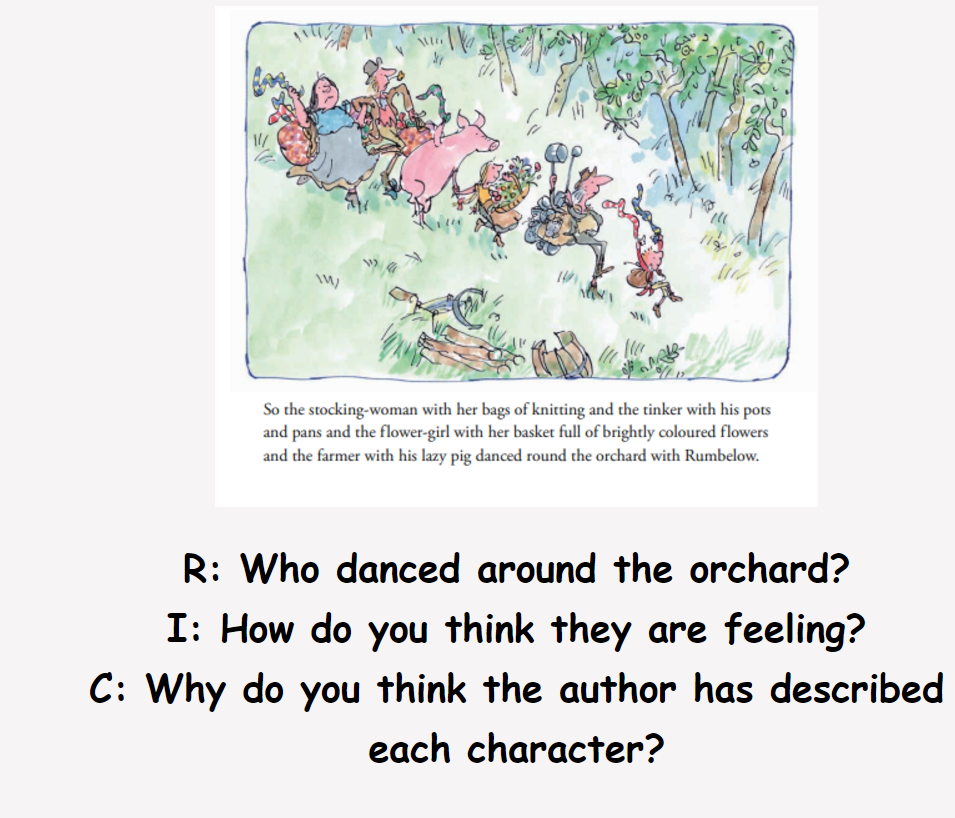
Main
LC: To recognise different forms of poetry
What is Poetry?
Poetry is a type of writing where people use words in interesting ways. Unlike regular stories or books, poetry often sounds musical. Poets choose their words carefully to help us feel emotions and imagine beautiful scenes.
Examples of Poetry
-
Rhyming Poems: These poems have lines that end with the same sound. For example:
- "The cat sat on the mat,With a nice little hat."
-
Free Verse: This type of poetry doesn't have to rhyme. It focuses more on expressing thoughts and feelings. For example:
- "The sun is shining bright,Like a big, warm hug from the sky."
Watch this short clip to learn about poetry - Click on the picture below
Now lets take a look at Haiku poems.
Click on the picture below to watch the clip
A haiku is a very short poem that has some very specific rules.
- It is three lines long.
- The first and last lines have five syllables.
- The middle line has seven syllables.
Let's count the syllables together
Bright sun in the sky,
Children splash in the cool waves,
Ice cream drips, warm day.
Now it's your turn to count the syllables in the following poems and decide if they are Haiku poems and why.
Count the syllables in each poem.
Sledging
Numb hands, frozen feet ____ Syllables
Shivery trudge to the top, ____ Syllables
Giggling, sliding down! ____ Syllables
Cosy
Icy breath, red nose, ____ Syllables
Snow falling with freezing winds, ____ Syllables
Crumpets by the fire. ____ Syllables
Are both poems' Haiku poems? Explain your answer.

Science
Tuesday 3rd December 2024
LC: To describe the life cycle of a flowering plant.
The Lifecycle of a Plant video clip
What is the lifecycle of a plant?
Activity 1
Complete a life cycle diagram showing each of the five stages of the flowering plant life cycle.
A word bank is below. They are not in order. You must put them in the correct order.
| pollination |
| fertilisation and seed formation |
| germination |
| seed dispersal |
| growing and flowering |
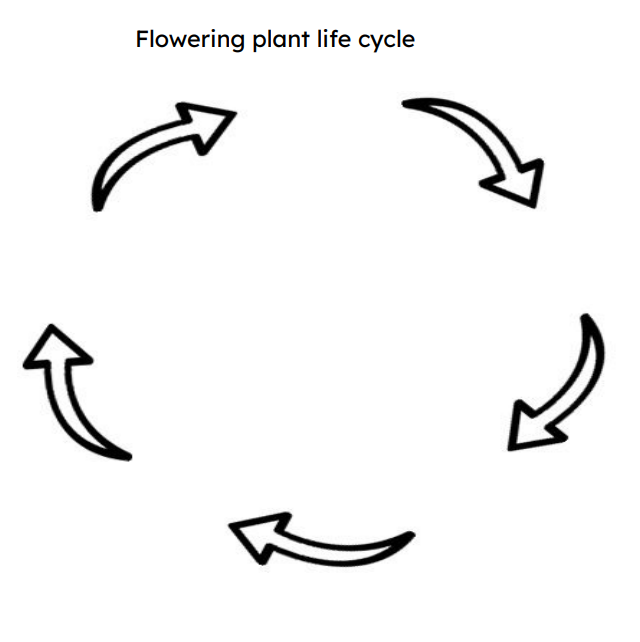
Activity 2
Next week we are going to write a description of the life cycle of a flowering plant.
Today we are going to learn the life cycle and create some actions!


